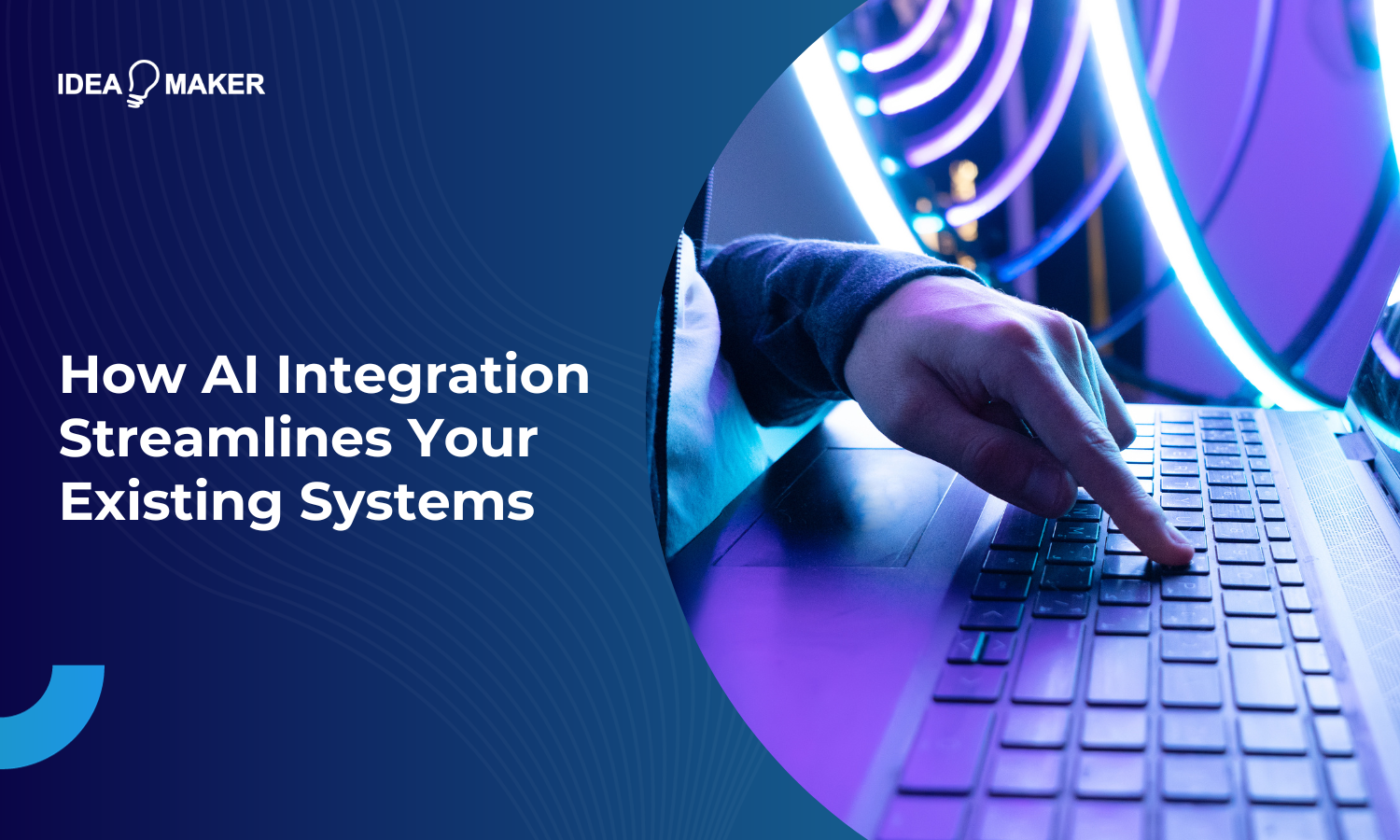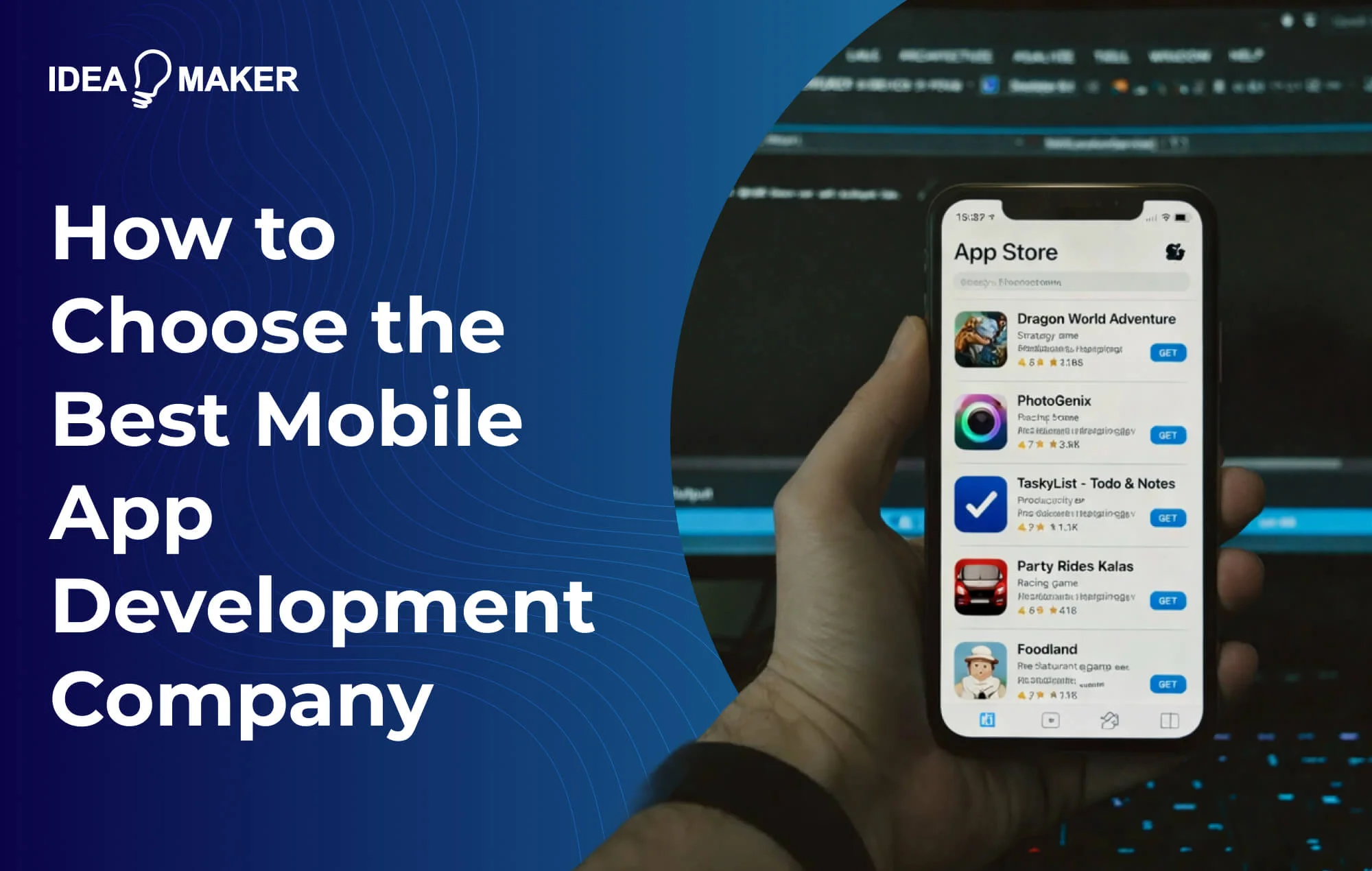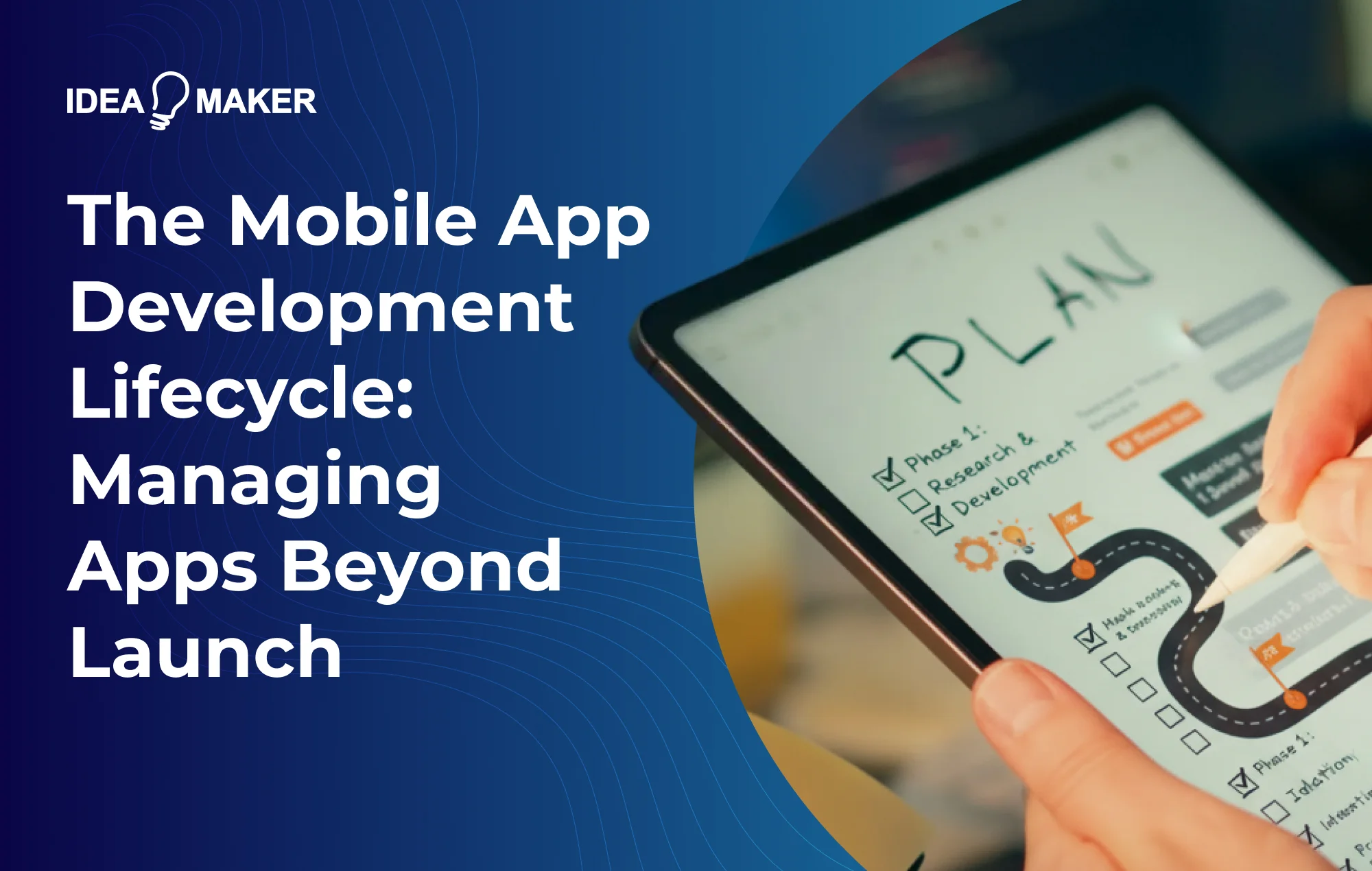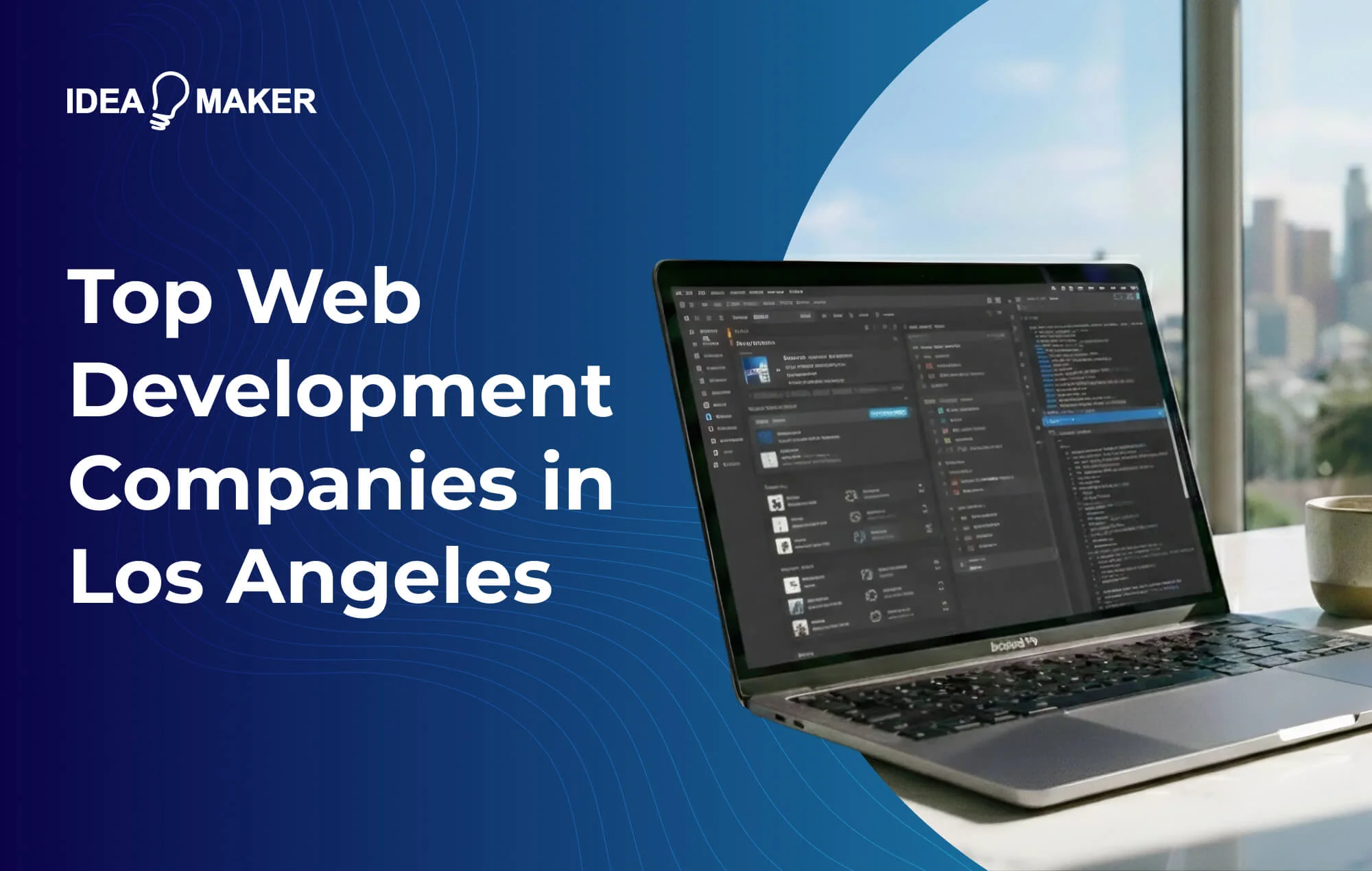Table of Contents
As a business owner, you likely already understand the importance of leveraging the power of artificial intelligence to streamline your operations and increase your long-term value. However, thanks to the technology’s far-reaching capabilities, it can be challenging to know how to even begin integrating AI into your business.
Fortunately, in this article, we guide you through everything you need to know about implementing AI into your existing systems. Keep reading to learn more.
Understanding AI and Its Capabilities
AI has taken the world by storm with its slew of capabilities, from personalizing the customer experience to writing college essays. Many businesses have also found that the technology is an especially useful tool for streamlining their operations, particularly when it comes to processing large amounts of information. In fact, it’s in the very nature of artificial intelligence to process data efficiently, as AI models are made up of huge volumes of data themselves.
What’s more, AI is excellent at finding anomalies in network traffic and accurately identifying potentially harmful data loads. This means that, by adopting AI technology, businesses have the ability to process information efficiently and securely, ensuring an edge over the competition.
AI in Information Management Systems
AI is not just effective in regards to data processing, it can also be used to streamline IT management systems, empowering businesses with smart options.For example, networks of hardware can be monitored and maintained by smart AI to remove the burden of IT infrastructure management from IT teams.
So, instead of focusing on maintaining server health, IT professionals can prioritize more pressing tasks, leaving server maintenance to artificial intelligence. As AI developers, we’ve also heard talk about self-replicating AI being used, allowing for even more advanced implementation within an information management setting.
Streamlining Customer Relationship Management (CRM) Systems with AI
Implementing artificial intelligence into your custom relationship management (CRM) systems enables you to streamline CRM processes with smart automation. For example, using AI, you can automatically generate and schedule social media posts, while also monitoring online reviews for key terms and automatically responding.
On top of this, AI is also excellent at creating personalized marketing campaigns based on customer data. This means that you can craft more effective campaigns, from email marketing to pay-per-click ads, and ultimately increase your conversions.
Enhancing Enterprise Resource Planning (ERP)
Enterprise resource planning (ERP) is another area AI can significantly advance, thanks to powerful predictive analytics and recommendation engines. For instance, by analyzing your business’s historical data, such as sales, losses, and custom retention rates, AI-powered ERP systems can accurately predict future trends in your business sales, allowing you to prepare accordingly.
Additionally, with impressive recommendation engines, you share the burden of responsibility with your AI system, as it offers suggestions on improving your business based on historical data. As you might expect, this technology can also be applied to your financial management systems, ensuring your finances are well kept.
AI in Human Resource Management Systems
The emotional element involved in human resource management can be difficult to navigate, especially when someone’s job is on the line. With AI HR systems, however, both employers and employees can be kept happy and free from any awkward conversations. For example, AI HR systems can be used to analyze employee performance, gather feedback from team members, and provide areas of improvement for employees and employers.
AI can also be used to streamline the employee recruitment and onboarding process. Using natural language processing (NLP), AI algorithms can digest and review prospective employees’ resumes and determine whether they’re the right fit for your business. If you elect to hire them based on the information your AI system has gathered, it can then help answer employee onboarding questions in real-time.
Improving Business Intelligence (BI) Systems With AI
If you use a business intelligence (BI) system, then you already understand how effective they can be for streamlining your business. Yet, without AI integration, BI systems do not reach their full potential – nor does your business.
By implementing artificial intelligence into your BI system, you stand to gain advanced data visualization and processing capabilities, along with deeper insights for data-based decision-making. This allows you to steer your business in the right direction, as you’ll have a cleanly processed dataset to reference when making important decisions.
AI in Supply Chain Management Systems
The advanced data processing and recommendation engine capabilities that we discussed in the ERP section can also improve supply chain management systems by monitoring and predicting future stock levels. The system can then automatically order and adjust inventory as required.
Of course, ordering the most appropriate levels of stock helps your business maintain profits and keep customers happy with the goods they most want. However, artificial intelligence can take your supply optimizations even further by analyzing the performance of your suppliers and procurement procedures. This helps to connect your business with the best, most reliable, and affordable suppliers available.
How to Integrate AI Into Your Business?
If we’ve convinced you as to the benefits of integrating artificial intelligence with your business, then it’s time to look at how integration works. Because implementing a new, highly complex, technology into your business might seem daunting, we’ve broken this process down into several digestible steps. And if that’s not enough, our expert team is always here to help.
Assessing Business Needs and Goals
Like any project, integrating AI into your business starts with assessing your needs and goals. Discerning what purpose artificial intelligence will serve and how it will streamline your business is crucial, as it will guide the direction of your overall integration.
For example, if you’re looking to streamline data processing, integrating an AI chatbot isn’t going to serve you as well as a recommendation engine. As a result, in order to successfully improve your business’s pain points with artificial intelligence, you should strive to fully understand what AI is capable of and address where your business’s inefficiencies lie.
Building or Acquiring AI Expertise
Once you’ve planned your AI goals, you can consider actually building your AI-powered platform. If you’re well versed in both software development and artificial intelligence, then you can go ahead and build your AI system yourself. Otherwise, you’re probably going to need the help of an expert software and AI development agency like Idea Maker.
When choosing an expert AI development agency, there are several things to look out for. First, you should check their portfolio and ensure they’ve worked on projects similar to yours – this shows that they have the right expertise. Better yet, if you can access and test their previous projects, then you’ll have an excellent understanding of their development quality. You should also confirm that they offer post-release support options to keep your AI project properly maintained after deployment.
Data Preparation and Infrastructure Setup
Artificial intelligence models run on huge volumes of data, so your IT infrastructure must be prepared for data handling and processing. If you’re unsure what this means, ask your development team for advice. In a nutshell, you’re going to need to invest in servers – whether cloud or on-premise – that can handle large volumes of data, such as the Microsoft Azure OpenAI Service.
This step is imperative, as it will directly impact the security of your software. And, with people growing increasingly concerned about how their data is used and stored, you must ensure that your servers are capable of security processing information with minimal risk of error.
Pilot Testing and Iteration
Because AI systems deal with lots of data, as discussed in the previous section, thorough testing is vital. What might appear as a minor bug could ultimately compromise your system’s security, putting user data at risk.
As a result, it’s best practice to build several iterations of your system throughout development, so you can catch and fix bugs as they arise without impacting the final product. Then, once your AI system has been developed, you’ll need to run more extensive testing to ensure it properly serves its intended purpose and offers secure data handling.
Full-Scale Implementation and Continuous Learning
After testing your AI-integrated system, you can begin the process of implementing it across your business, which might mean simply installing your application on your computer systems. However, if you’re integrating AI with existing software, you may need further help from your development team, as this generally requires access to API keys.
Once implemented, you will need to consistently monitor and regulate what data is fed to your AI system, or else it could have unexpected results. It’s also a good idea to talk to your development team about control options.
Integrate AI Into Your Existing Systems With the Help of Idea Maker
If you’re ready to implement artificial intelligence into your business systems, then you’re in the right place. At Idea Maker, we have a team of expert AI developers and machine learning specialists ready to elevate your business with artificial intelligence. All you need to do to get started is schedule a free consultation with us at a time that suits you.













